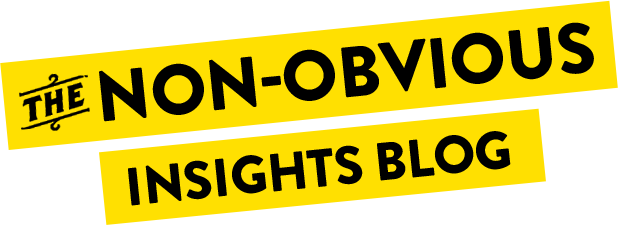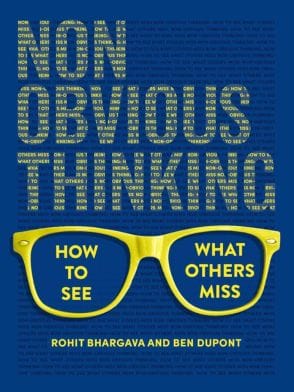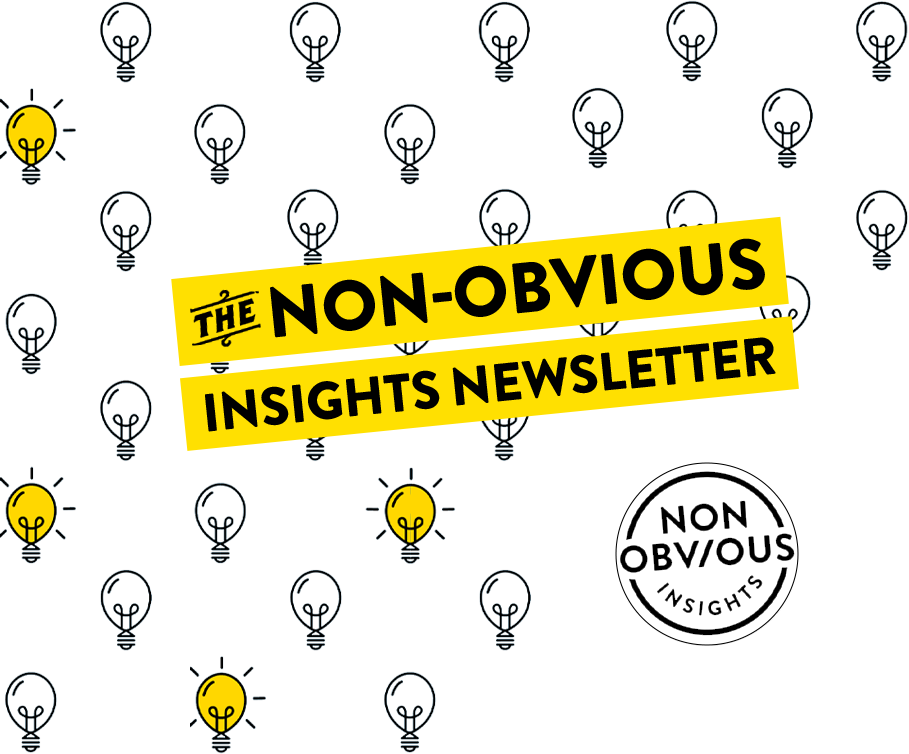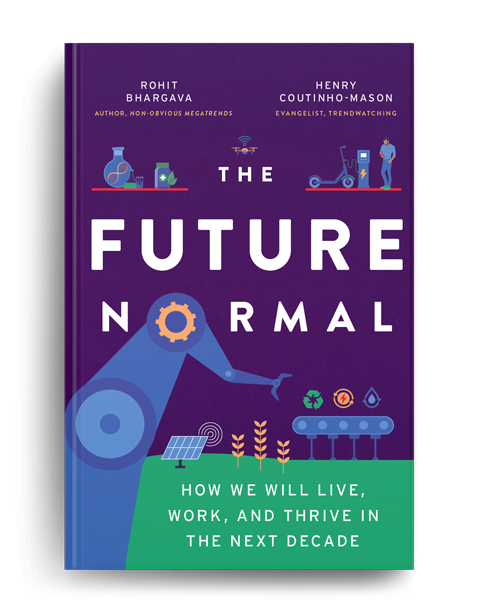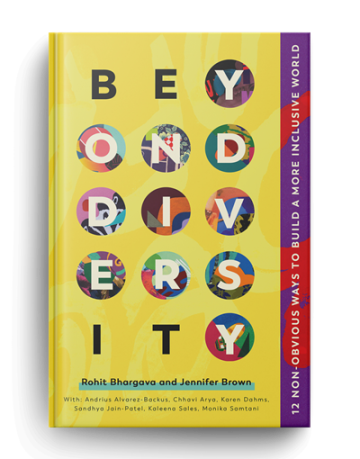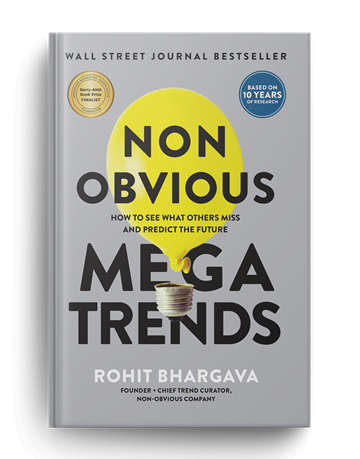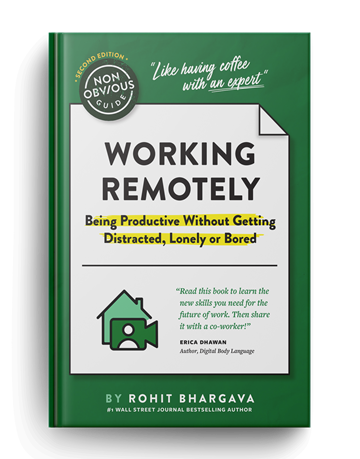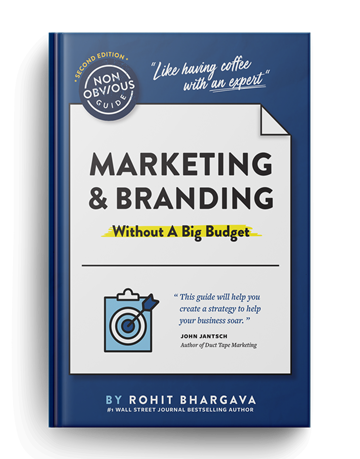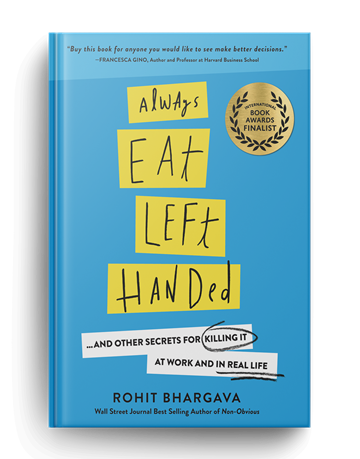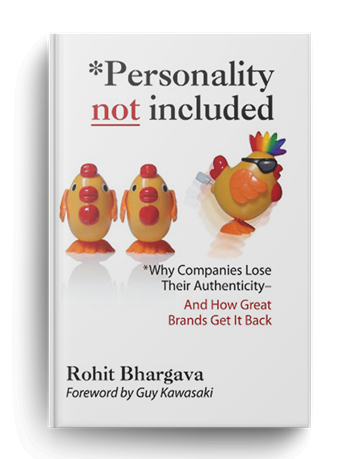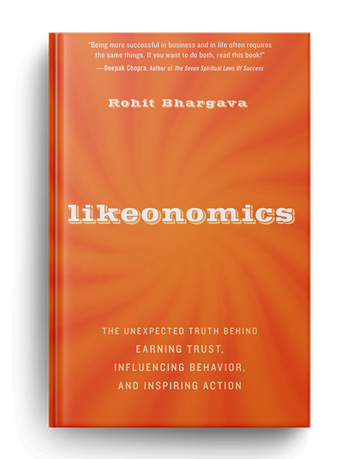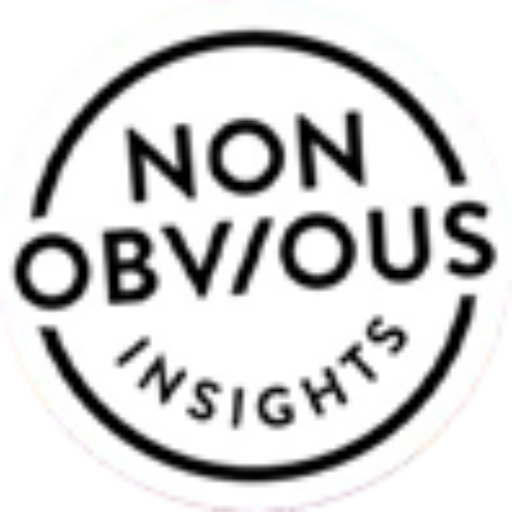 There are exceptions to every rule. That’s what we like to think, isn’t it? We are all unique in our own way. No two people (or snowflakes!) are alike. There’s no shortage of cliches to describe the same thing.
There are exceptions to every rule. That’s what we like to think, isn’t it? We are all unique in our own way. No two people (or snowflakes!) are alike. There’s no shortage of cliches to describe the same thing.
The Snowflake Mindset says that everything is unique and we should never forget our differences.
The mindset works particularly when when you are teaching or encouraging someone to grow self esteem. It is why we often hear this advice directed at children. The Snowflake Mindset works to grow people’s confidence and help them be themselves.
Unfortunately, in business the Snowflake Mindset can deliver exactly the opposite effect. It can encourage people to dismiss outside opinions and keep their thinking firmly inside a very little box. It routinely kills innovation, learning and collaboration – three qualities that most organizations need to encourage (not discourage) if they are going to survive. And this mindset is almost always described by a simplistic argument delivered with one of the following three phrases:
- “You don’t understand us.”
- “We are different.”
- “That wouldn’t work for us”
Last week I was on a panel conversation about eGovernment, Nonprofits and Associations use of social media, talking about some effective ways to use social media to deliver value to citizens/stakeholders, create efficiency and encourage dialogue. In the talk, there was a guy in the audience who disagreed with everything, and took every opportunity to share just how different his world was from anyone else. He had the Snowflake Mindset. As a result, he left the session probably learning nothing while his fellow attendees walked away with ideas to put to use in their own organizations.
It is tempting to want to treat every example, or talk, or piece of advice as a roadmap. That way, if the directions don’t seem to fit your situation, it is easy to disagree. But case studies are never roadmaps. They are only stories of how someone else got from Point A to Point B. They can’t tell you how to do the same thing, because you are not likely in the exact same situation.
We all need to treat stories, case studies and even advice as sources of inspiration — and not roadmaps.
Just because your audience may not be the same, or your acronym (B2B vs B2C or .GOV vs .ORG vs .COM) may differ doesn’t mean you don’t have anything to learn from another experience. Sometimes the best ideas come from outside of the bubble you live and work within.
There is only one way to truly kill the Snowflake Mindset. You have to find a way to embrace similarities instead of dwell on differences. The organizations that find ways to encourage their people to do this will be the ones that innovate faster, pivot earlier, learn more effectively, and ultimately deliver the most value.


